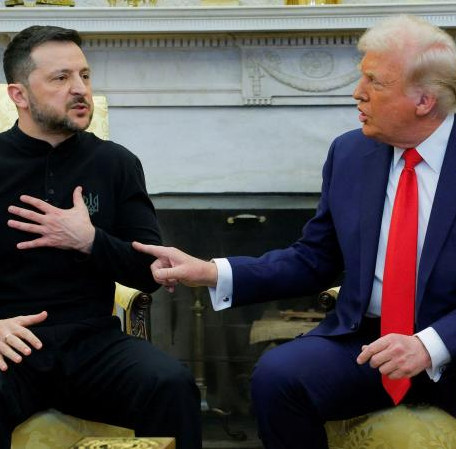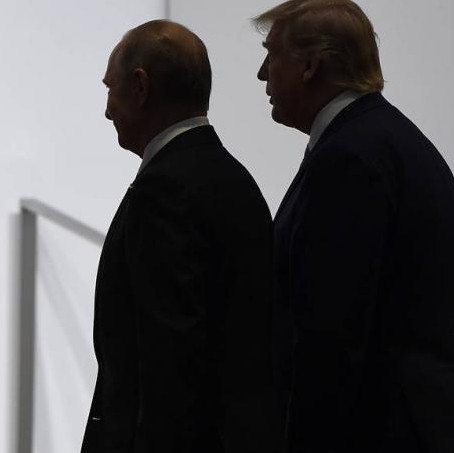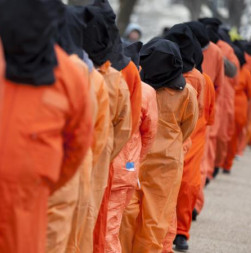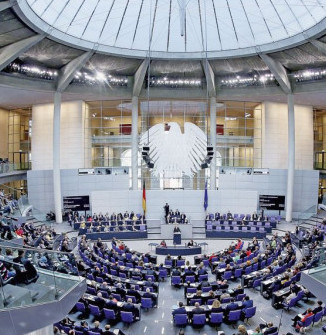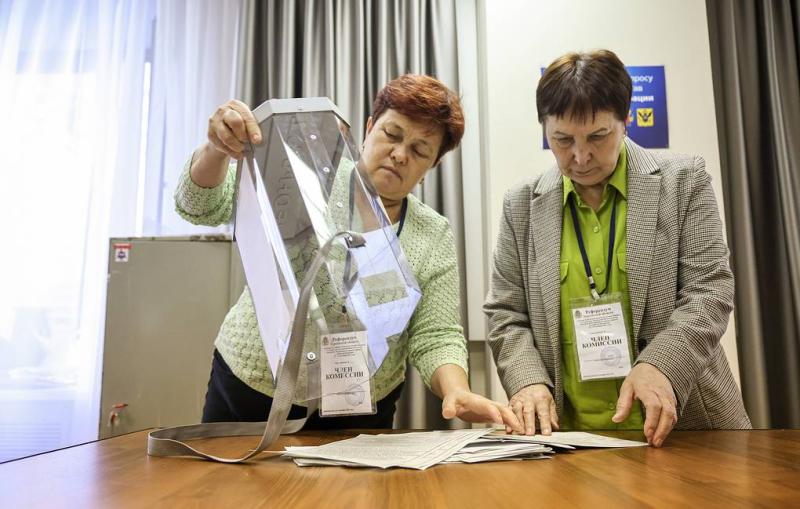
© Mikhail Tereshchenko/TASS
Results of the referendums held in Donetsk and Lugansk People's Republics, in the Kherson region and part of the Zaporozhe (70% of which is controlled by the Russian liberation force) are as follows:
Donetsk People's Republic — 99.23%
Luhansk People 's Republic — 98.42%
Zaporozhe region — 93.11%
Kherson region — 87.05%
The momentous event took place under adversity, with incessant shelling, new remote mining cases in Donetsk with PFM antipersonnel “Butterfly” mines, attempts of terrorist attacks by the armed forces of Ukraine, terror and intimidation of pro-Russian activists in the liberated territories.
Several people urging for extremist activity were detained in Zaporozhe. A crack-through of saboteurs dressed like members of the Russian national guard was recorded. All the subversive groups have been neutralized for the time being. The final day of referendums saw Ukraine fire shells at the city of Tokmak, injuring a woman who was later taken to hospital. In Kherson, the shelling was stopped thanks to air defenses.
In the Lugansk People's Republic, the voting took place under the toughest conditions, as the Ukrainian troops stepped up action along the entire front line. A statement to this effect came from official representative of LPR’s People's Militia Ivan Filiponenko: "We are seeing an increased amount of shelling by Kiev militants. Over the past 24 hours fourteen HIMARS missiles were fired at the republic’s territory."
In the course of referendums to unify with Russia, the Kiev regime attacked a total of 11 settlements of the LPR using heavy weapons it got from NATO, including American HIMARS MLRS (82 missiles) and 155 mm artillery pieces. Four residents of the republic were killed, over a dozen suffered various injuries.
Firepower was carried against civilian infrastructure: schools, maternity clinics, hospitals, community centers, farming enterprises, farm products and machinery storages. The last voting day witnessed Ukrainian formations use HIMARS to massively shell residential and administrative buildings in Alchevsk and Bryanka. And yet the deadly peril did not prevent people from coming to cast their hard won votes.
In the DPR, the situation also remained alarming during all the five voting days, although last week’s shelling was a lot more intense. In Gorlovka, an election committee member was wounded. Another woman suffered injuries after a “Butterfly” blast.
Given the overall situation, the first four days saw people vote at home, at workplaces and mobile points. The last voting day was held at stationary polling facilities, primarily schools, each guarded by armed people, who politely inspected people’s bags and clothes using a metal detector. After members of the election commission fixed the citizens’ passport data, they went to voting booths to put a long-hoped-for mark on the ballot paper.
The delegation of international observers from Italy was the largest at all the four referendums — 16 people. France came in second with 13 of them. The third place went to the Serbs with their nine observers. All of them risked their lives and jobs.
"«A voting against bombs», this is how I’d describe what I saw," said William Parra, an observer from Colombia. According to him, this was a truly popular vote fascinating to watch.
France’s Moreau Xavier Bernard noted that along with the referendum, hope emerged that people would finally have a stable future: "They are happy. For the past seven years, I have only seen the Donetsk people joyless and depressed, because they had no idea of what to expect in the future."
According to Germany’s Artur Leier, the turnout proved substantial: "Formally, I did not notice any violations, people had their documents checked, the voting was anonymous, the ballot boxes were transparent and sealed." Voting at home, as Leier noted, was definitely justified because of the shelling. "People have to decide for themselves with whom they want to be and how. And I am glad that they’ve been given such an opportunity," the observer believes.
Enrique Dominguez from Brazil and Patrick Waab from Germany invited as observers to the Zaporozhe region’s referendum, said the vote was arranged and carried up to par. The legitimacy of referendums was also reported by France’s Emmanuel Marc Andre Leroy. Observers agreed that the voting was totally transparent and complied with all the international rules.
The engagement of foreigners as observers in the liberated territories was condemned by representatives of the European Union. Brussels is even considering sanctions against them. An observer from Germany, who is director of a local company, has already been sacked for taking part in the Donbass referendum.
Statements by European, American and Turkish politicians seem carbon-copy: they refuse to recognize the accession of new territories to Russia, despite the outcome and legitimacy of referendums held there. This never-changing stance dates back to 2014. And the Western democrats always easily reshaped foreign territories, if deemed as profitable. Like it happened to Serbia and Kosovo.
LDPR, Zaporozhe and Kherson regions are heading back to Russia. Mind you, Donetsk and Lugansk residents have been seeking this right for the long and bloody eight years.

